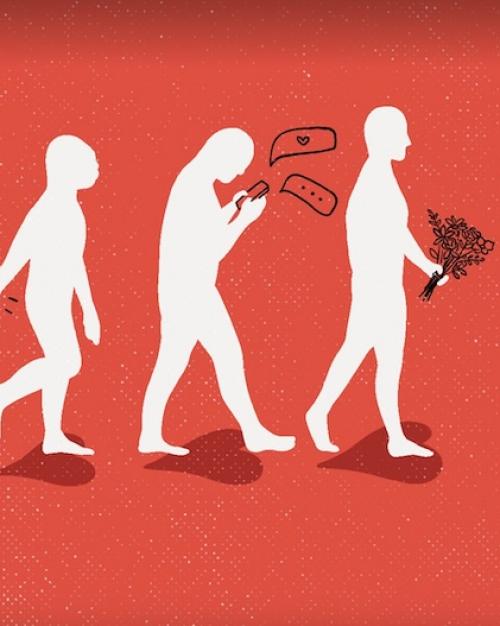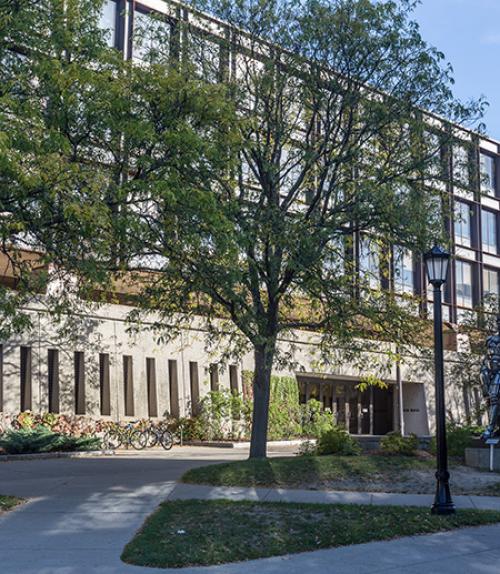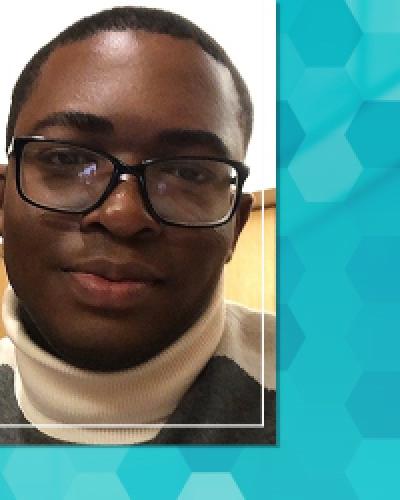Growing up in Nigeria, Nnamdi Igwe lived with his grandfather, who had Alzheimer’s, and his grandmother, who was his primary caregiver. Back then, Igwe understood how the disease affected his family—that sometimes he was a stranger to his grandfather, that his grandmother was emotionally strained. As a Human Development major and a Hunter R. Rawlings III Presidential Research Scholar, Igwe devoted his undergraduate career to learning all he could about the aging process. Says Igwe: “Human Ecology does incredible research in aging.”
Igwe was a sophomore when he spent the summer in Ithaca working in The Laboratory of Rational Decision Making with Valerie Reyna, a professor of Human Development. In the process, Igwe homed in on questions about how elders weigh risk and uncertainty as it relates to medical decision-making and memory. “Professors are very open to students and open to working with students,” says Igwe. “That’s something I really appreciate and admire.”
“
"Human Ecology research has showed me that it’s really important to go the next step to develop a solution or intervention that will solve the problem".
Nnamdi Igwe
To augment his research and studies, Igwe volunteered with programs that serve Ithaca-area elders. Before the pandemic, he regularly visited a local, Medicaid-funded nursing home as a companion and conversation partner for residents. He also volunteered at Loaves and Fishes, a nonprofit that serves hungry and unhoused people. There, Igwe helped to serve meals and also provided blood pressure checks and wellness support for clients. “If you’re a biology or chemistry major, you might discover something, but not really focus on the intervention,” says Igwe. “Human Ecology research has showed me that it’s really important to go the next step to develop a solution or intervention that will solve the problem.”
An emphasis on problem-solving and intervention infused his classroom studies, as well, says Igwe. In his favorite class, in Human Ecology’s Sloan Program in Health Administration, Igwe studied healthcare systems—primarily in the United States, but also around the world, learning both about disparities in access and outcomes, as well as interventions that show promise. “In my country, access is very limited,” says Igwe, noting that many Nigerians spend their entire lives in communities where the nearest hospital or clinic is too geographically distant for regular checkups and preventive care. “When you provide greater access and build clinics and hospitals in rural areas, that’s a good way to longitudinally improve health outcomes for older adults and help them during the aging process. If you’re not going to regular checkups, there’s no way for the doctor to check your blood pressure; no one’s telling you to exercise more, eat a healthier diet. You’re not getting regular advice to improve your health and you’re more likely to have worse outcomes.”
Igwe plans to begin his medical education at the Icahn School at Mt. Sinai in the fall of 2021, in pursuit of an MD with a specialty in geriatrics. It’s the next step in a more ambitious plan: “My long-term goal is to return to Nigeria and set up hospitals and clinics for older adults in underserved, rural areas across the country that lack sufficient healthcare.“





